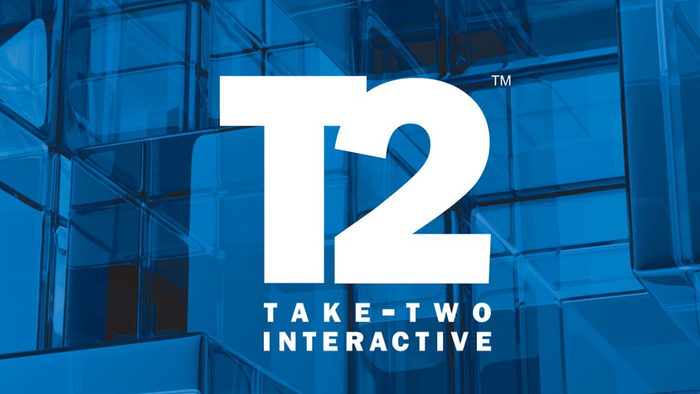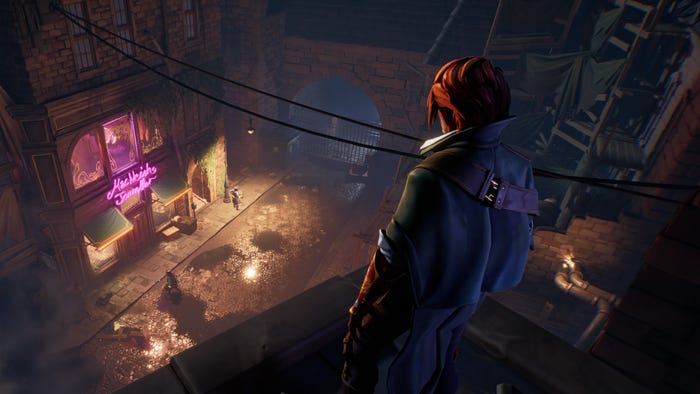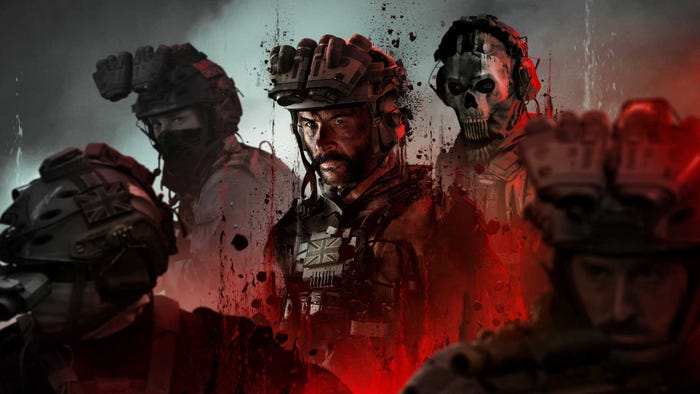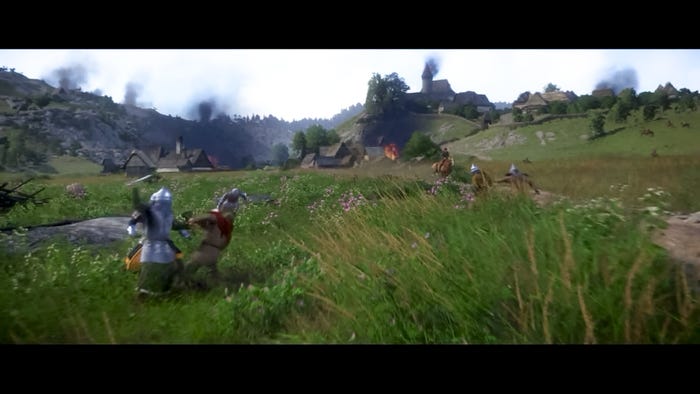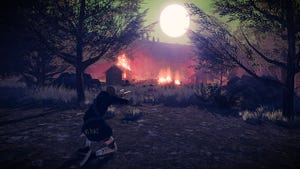Video game history buff Jimmy Maher has published a great retrospective look at the development history of Dungeon Master and how it helped pioneer real-time dungeon-crawling RPG design in the '80s.

"I was working on this complex system where you could look down at the floor and you could pick up things around you, and Wayne says, 'Well, it’s right there, why can’t I just reach in and pick it up?' That was sort of a 'well, yeah' moment."
- Doug Bell recalls early efforts to develop Dungeon Master as an intuitive real-time RPG.
Video game history buff Jimmy Maher has published a great retrospective look at the development history of Dungeon Master that's worth reading if you, like me, had never heard of this early real-time dungeon crawler.
Maher's retrospective is the first half of a two-part series on the game, and includes comments from its progenitors Andy Jaros and Doug Bell, who were both chemistry undergrads when they got their hands on an Apple II in the early '80s and decided to try and make their own game.
They became game developers to try and one-up Sir-Tech's popular Wizardry series of turn-based dungeon-crawling RPGs, according to Maher, but quickly wound up joining up with Software Heaven under its game development branch FTL Games when they realized they couldn't bring their vision for a real-time RPG to fruition alone.
"The games at that point had all been turn-based and you could take as long as you wanted to think about what you were going to do next,” Bell told Maher. “We knew we wanted to put the player under the pressure of time.”
Roughly three decades later, and real-time RPGs have become the norm among Western developers. Many of them explicitly seek to let players tell their own stories by building vast open worlds, something the Dungeon Master developers were trying to do in the '80s.
"I wanted people to have a lot of tall tales to tell when they’d finished the game, and I wanted those tales to be unique,” said FTL Games founder Wayne Holder. “We take you to the starting point, but from then on it’s up to you.”
You can (and should) read the full feature over on Maher's Digital Antiquarian blog.
About the Author(s)
You May Also Like


